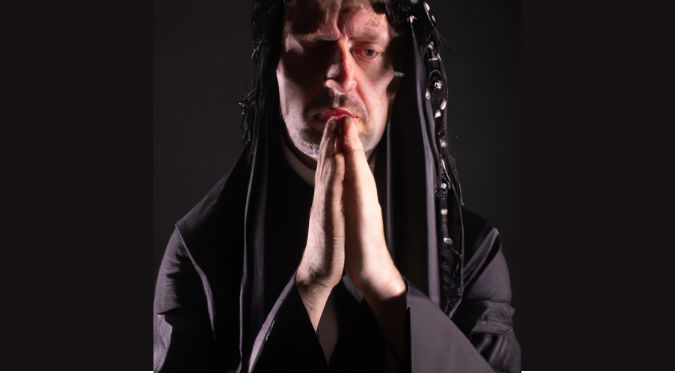The Book of Jeremiah gives us a clear picture of a false prophet, allowing us to identify them in our midst.
Prophesying Lies
In the Book of Jeremiah, God says at least eleven times that false prophets are false because they tell lies (Jeremiah 14:14; 23:25,26,32; 27:10,14,16; 28:15; and 29:9,21).
For it is a lie which they are prophesying to you, with the result that you will be removed far from your land, and I will drive you out, and you will perish.
Jeremiah 27:10 RSV
And the Lord said to me: “The prophets are prophesying lies in my name; I did not send them, nor did I command them or speak to them. They are prophesying to you a lying vision, worthless divination, and the deceit of their own minds.
Jeremiah 14:14 RSV
What lies did they tell?
That false prophets tell lies should come as no surprise, but God was very specific in describing the specific lies of these false prophets:
Then I said: “Ah, Lord God, behold, the prophets say to them, ‘You shall not see the sword, nor shall you have famine, but I will give you assured peace in this place.’”
Jeremiah 14:13 RSV
They say continually to those who despise the word of the Lord, ‘It shall be well with you’; and to every one who stubbornly follows his own heart, they say, ‘No evil shall come upon you.’”
Jeremiah 23:17 RSV
The false prophets were prophesying that the people should not be concerned and that Babylon would be weakened and that the exiles would return very soon. In other words, the false prophets gave the people false assurances that minimized the consequences of sin.
Jeremiah, on the other hand, prophesied that Judah should concentrate on being faithful to the Covenant and should not rebel against Babylon at this time, or else even greater destruction would occur. Babylon did attack Jerusalem again in 587 BC, resulting in the destruction of the Temple.
To What Result?
Jeremiah was very specific about the result of these false assurances:
But in the prophets of Jerusalem I have seen a horrible thing: they commit adultery and walk in lies; they strengthen the hands of evildoers, so that no one turns from his wickedness; all of them have become like Sodom to me, and its inhabitants like Gomor′rah.”
Jeremiah 23:14 RSV
In short, the false prophets’ words caused nobody to turn from their sin and faithlessness.
The New Testament
The only false prophet mentioned by name in the New Testament is a Jewish false prophet named Bar-Jesus, also known as “Elymas the Magician”. Elymas was close to the proconsul (governor) of Cypress and sought to “turn away the proconsul from the faith” proclaimed by Paul (Acts 13:8).
Our Lord himself said:
And then if any one says to you, ‘Look, here is the Christ!’ or ‘Look, there he is!’ do not believe it. False Christs and false prophets will arise and show signs and wonders, to lead astray, if possible, the elect.
Mark 13:21-22 RSV
So it seems that false prophets added to their repertoires with the coming of our Lord. Now they not only minimized the consequence of sin by giving false assurances, but they also could distract men from pursuing the sin’s only Remedy too!
Some Examples
It would be foolish to think that we needn’t be concerned about false prophets today. There are certainly men among us minimizing the consequence of sin and distracting us from sin’s only remedy: Jesus Christ. Here are some examples for your consideration:
- The German Synodal Way, speaking of the Church offering blessing to divorced and remarried couples, unmarried couples living with each other, and same-sex couples:
The offers of blessing ceremonies are based on the conviction that there is moral value in the common life of couples who live together in commitment and responsibility for each other. Where faith is involved, what is good is worthy of blessing. The Church is enriched by the love of these couples. Such mutual love calls for a blessing. God is present where people love each other.
German Synodal Way
Is the Church enriched by persons objectively living in mortal sin? Where is the incentive to repent if there is no consequence to sin?
- The “Document on Human Fraternity for World Peace and Living Together” signed in Abu Dhabi by Pope Francis and the Grand Imama of Al-Azhar, Ahmad el-Tayeb says in one place:
“The pluralism and the diversity of religions…are willed by God in His wisdom, through which He created human beings.”
Document on Human Fraternity for World Peace and Living Together
Isn’t this indifferentism? If the diversity of the world’s religions are willed by God, then was our Lord’s death really necessary? Is He not the only remedy for our sins?
These pronouncements accomplish the devastating damage wrought by false prophets, even if the authors did not preface them with the words “Thus says the Lord”.



